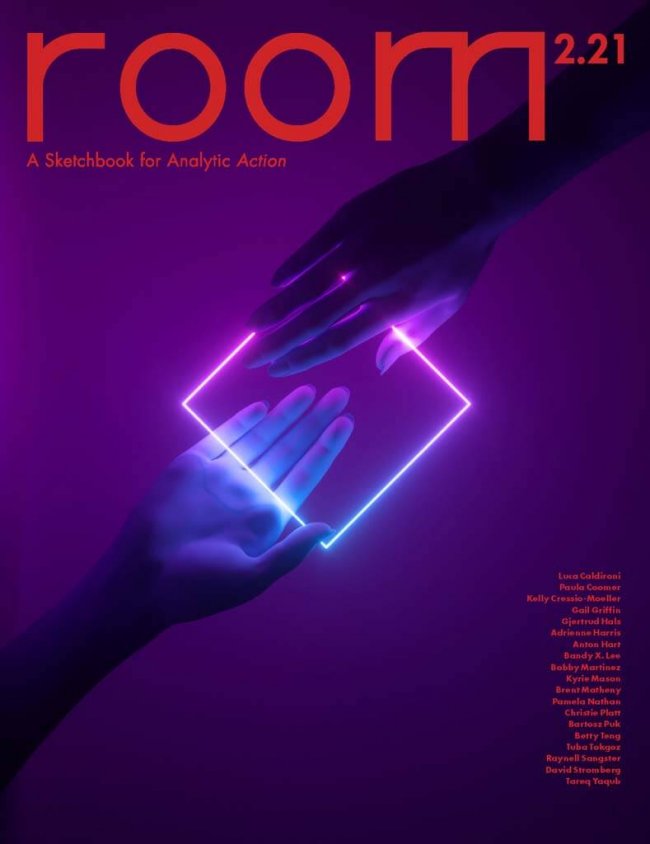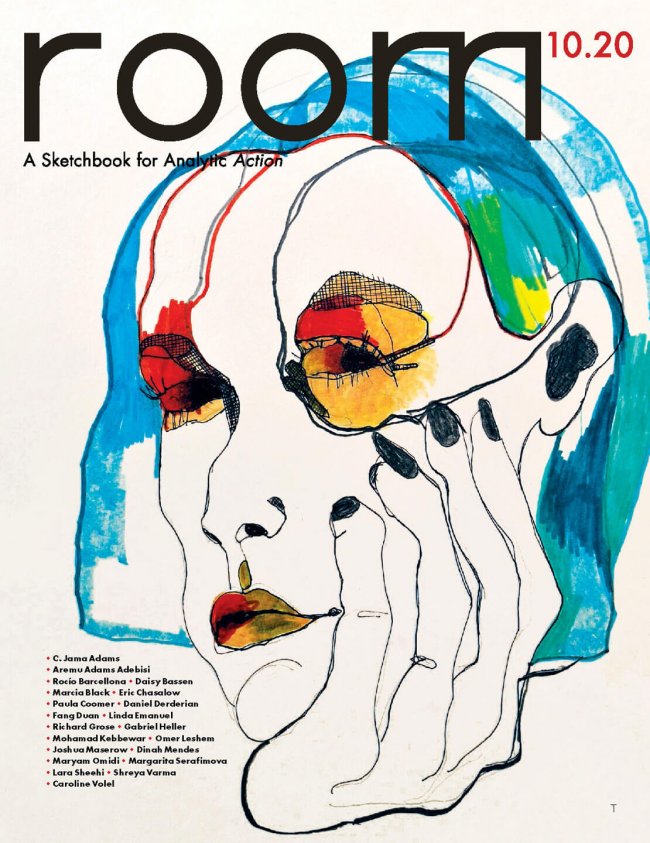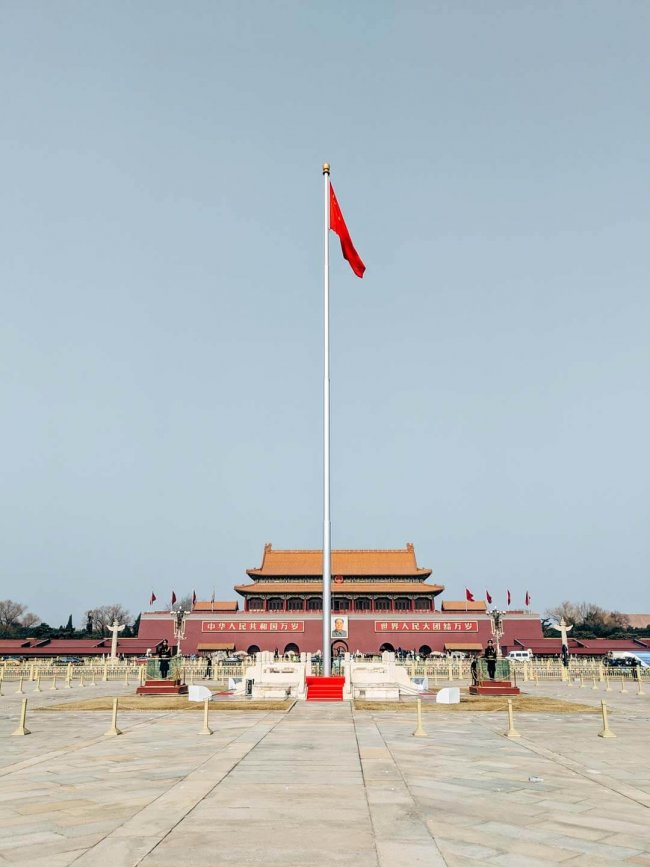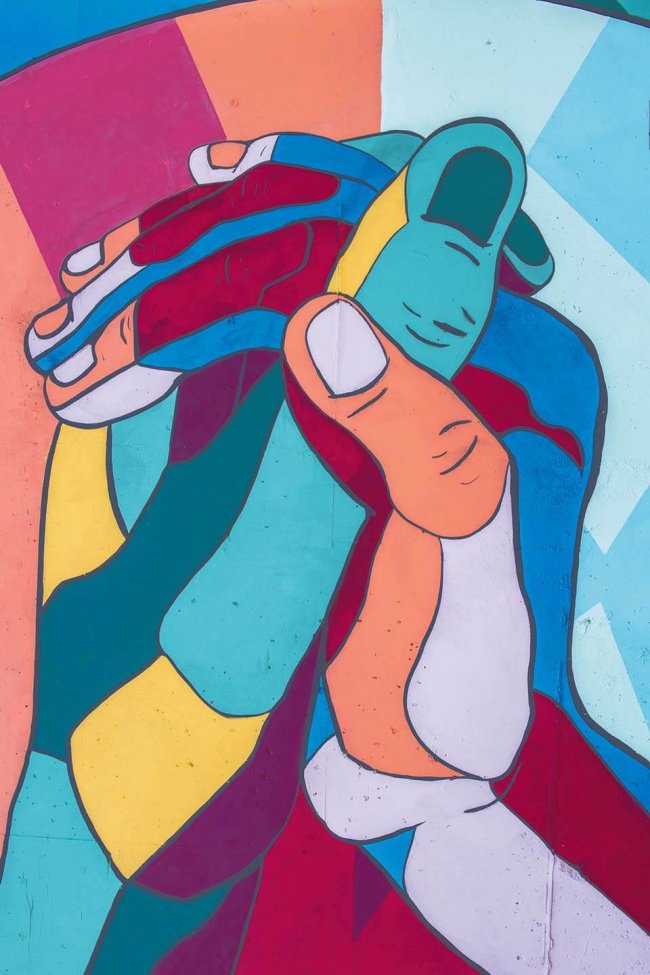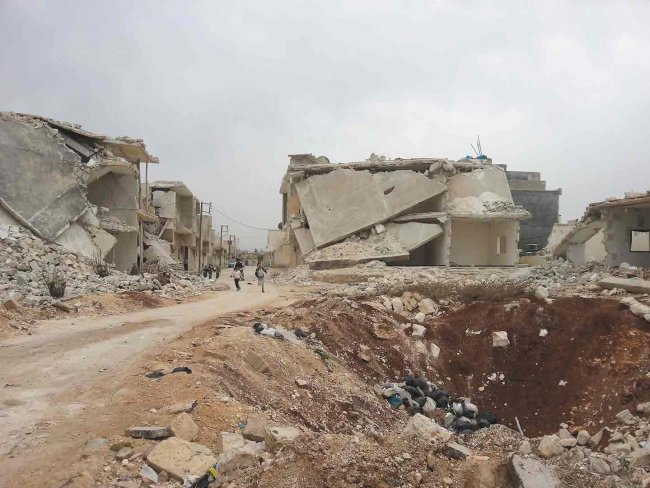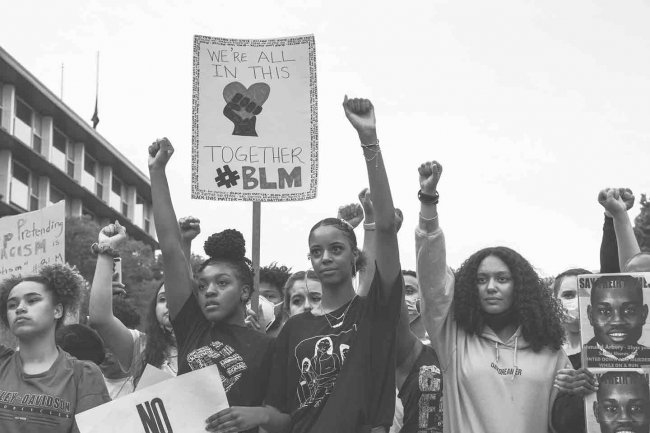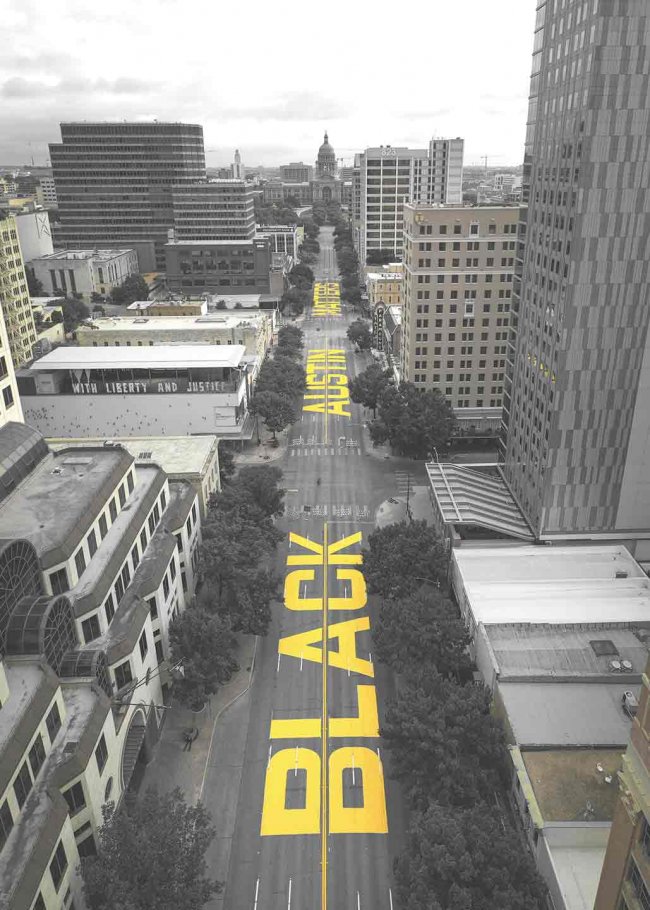JUST SAYIN’ by Hattie Myers
“Radical openness does not mean that we empty our minds but that we open our minds to the prospect of losing the understandings to which we are attached.” So begins An Interview with Anton Hart. To be fair, though, perhaps “loosening attachments” when face to face with the trifecta of fascist racism, COVID, and environmental extinction may be near impossible. It’s a big ask if, in the midst of existential terror, we are holding on for dear life.

